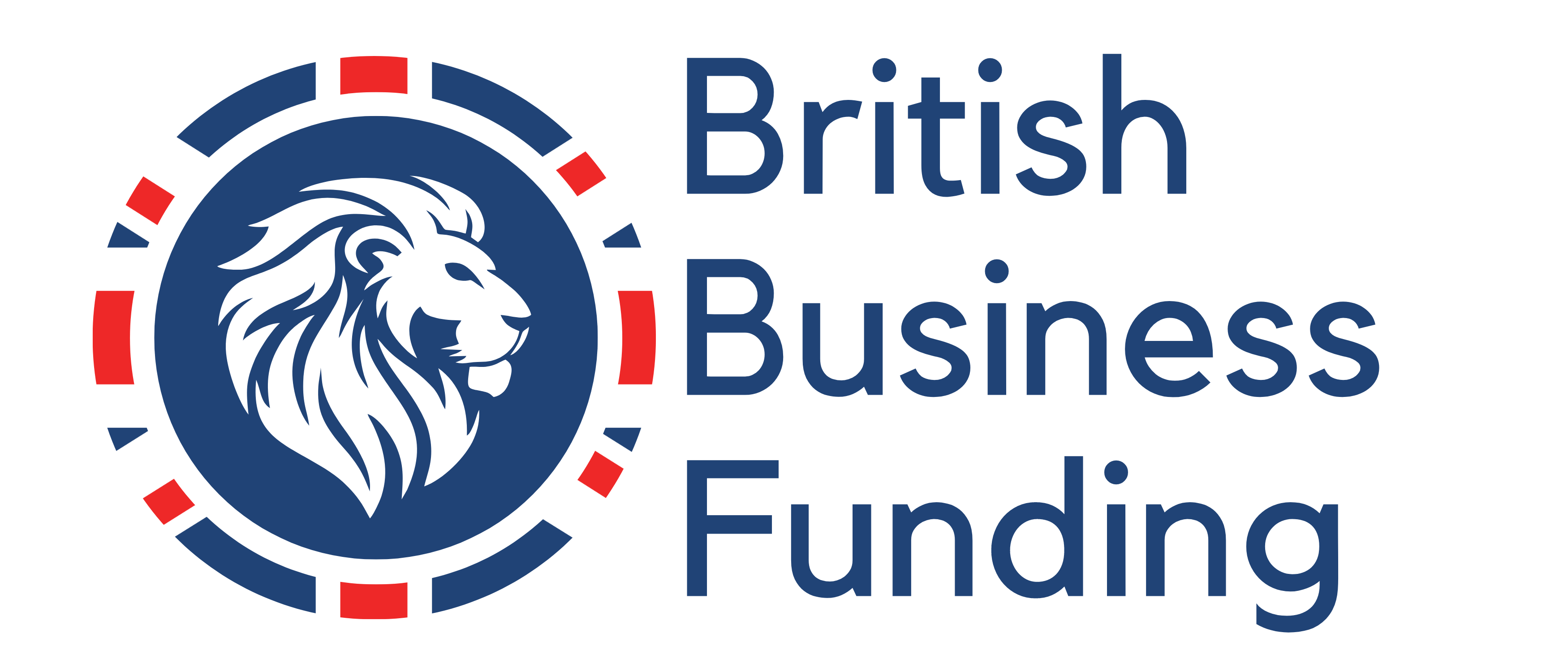From credit cards and overdrafts to loans and cash advances, business debt can come in various forms. Missing out on favorable rates can be expensive, but managing multiple costs and fees can also be time-consuming. Consequently, many business owners opt to consolidate their debts. Let’s delve into what debt consolidation entails and how it operates.
What is Debt Consolidation?
Debt consolidation involves merging multiple debts into a single one. This could involve consolidating various products from different providers or combining multiple loans from the same provider.
For instance, Tom has a business credit card with Barclays, an overdraft with Natwest, and an asset finance loan secured against a piece of equipment. By consolidating these debts, he pays them off and replaces them with a single loan.
On the other hand, Mark has taken out two business loans with the same provider and now seeks a third to further invest in his business. Rather than managing three different rates and monthly repayments, he can opt to consolidate them into one loan.
What are the Advantages of Debt Consolidation?
The primary benefits of debt consolidation include having a single monthly repayment, potentially lower monthly payments, and reduced overall costs.
- Single Monthly Repayment: Consolidating debts simplifies your financial management by replacing multiple repayments with just one. This streamlined approach makes it easier for busy business owners to manage cash flow and reduces the risk of missed payments.
- Lower Monthly Repayments: By extending the loan term, debt consolidation can result in reduced monthly payments. While this can improve short-term cash flow, it may lead to higher long-term costs due to accruing interest.
- Reduced Costs: Consolidating debts can lower overall costs, especially if you’re paying high interest rates or fees on multiple products. Additionally, having a single loan may qualify you for lower interest rates, especially if your business has improved its financial position.
Considerations When Consolidating Debt;
While debt consolidation offers benefits, it’s essential to weigh the potential downsides:
- Increased Overall Costs: Consolidating debts may result in higher total costs over the loan’s lifetime. Despite lower monthly payments, the accumulated interest could make it a more expensive option in the long run.
- Fees: There are typically fees associated with taking out a loan for debt consolidation. These fees vary by provider and loan type, so it’s crucial to consider them when evaluating the cost-effectiveness of consolidation.
- Early Settlement: Consolidating multiple debts into one larger loan may limit your flexibility in repaying the loan early. Some providers only allow early settlement if the entire loan amount is repaid in full.
How Does It Work with British Business Funding?
At British Business Funding, debt consolidation generally takes two forms:
- New customers seeking to combine debts from other providers into one fixed-rate loan.
- Existing customers seeking additional financing who also choose to consolidate their existing loan. In both scenarios, customers may be looking for better rates, lower monthly payments, or simplified cash flow management. The fees and interest rates charged depend on factors such as the loan amount, term, and credit rating.
When applying for further finance, your interest rate may increase, decrease, or remain unchanged. Your Account Manager will provide all the necessary details and assistance during the application process.
You can also find out more by following this link and filling in a few details.

